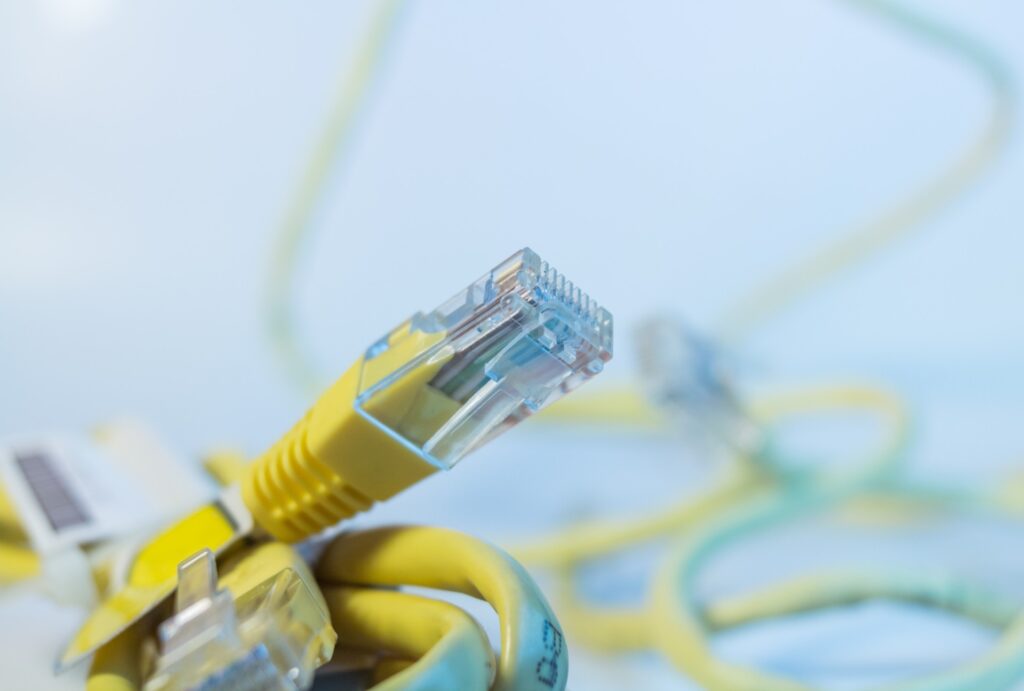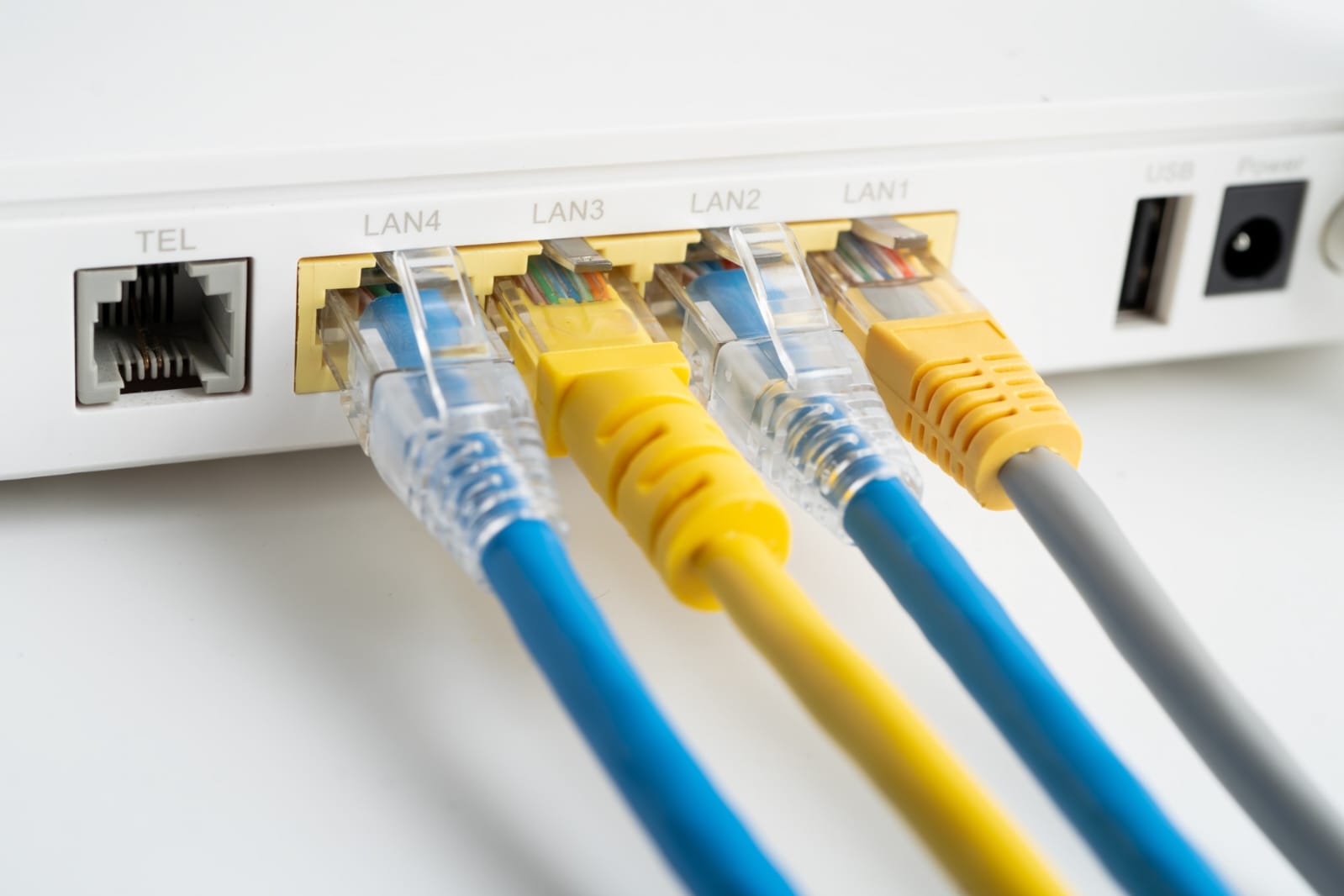Can Electronics Outlive Their Expected Lifespan?
Electronics are part of daily life. People use them for communication, work, learning, and entertainment. Electronics also help in the kitchen, schools, and hospitals to make life easier for homeowners and business owners. However, electronics do not last forever; every device has an expected lifespan after which it might stop working well or break down.
Therefore, people should pay attention to signs of wear and tear or malfunction to know when their electronics might fail so they can plan for replacements. It is also important to protect electronic devices and handle them with care to extend their useful life. Here are more strategies that can help electronics live beyond the expected lifespan.
Quality Cables and Connectors
Bad connections can harm electronics in many ways. They can cause slow charging or weak power flow, which leads to frequent malfunctions or sudden breakdowns. Damaged wires sometimes damage internal parts, reducing the life of the device.
Consumers should always check for signs of weak connections, such as loose plugs or frayed wires. They should then repair or replace the cables with quality ones from a reputable manufacturer.
For example, Ethernet network cables from GEARit can last a long time with minimal risk of damage during regular use. Such cables meet the quality standards and are strong, reliable, and safe for internet-enabled devices. These cables guarantee uninterrupted internet access and minimal connection challenges.
Cables are designed for different purposes and functions. So, consumers should seek professional advice to identify the best cables for their phones, laptops, or TVs. Using the wires designed for a specific purpose reduces the chances of damaging the electrical device.
Proper Storage

Storing electronics in the wrong place can make them wear out faster. Too much heat, cold, or moisture can damage internal parts. Dust can also clog their air vents and increase internal temperature, which could damage some parts.
Consumers should keep their devices dry and clean. Items like phones or laptops should also not be left in a car on hot days, since the heat could cause severe damage. In addition, they should always keep power cords well organized to minimize the risk of overheating or fire hazards.
Timely Repairs
When electronics show signs of damage or malfunction, the owner should seek repairs promptly. Common warning signs might include screen flickering, unclear sound, strange noises, and failure to turn on. These signs indicate it is time for the owner to seek professional repair services.
Some people ignore these signs or wait too long, hoping their device will start functioning as usual after some time. However, delaying repairs will only worsen the problem. Generally, minor faults can grow into bigger problems, and the device might eventually stop working.
Timely repairs can prevent further damage or total failure. Repairs also save money since the owner does not need to buy a replacement sooner than expected.
Software Updates
What happens if someone never updates their computer or phone software? Mobile apps may stop working, the system may become slow, and security risks may increase. Software updates fix bugs and add new features to keep the device running smoothly and safely. Updates can make the device function like a new one.
These practical strategies can extend the life of electronic devices beyond the expected lifespan. Therefore, users should apply these tips consistently to protect their electronics and avoid expensive replacements. They should also seek repairs promptly to fix minor issues before they escalate beyond repair.

